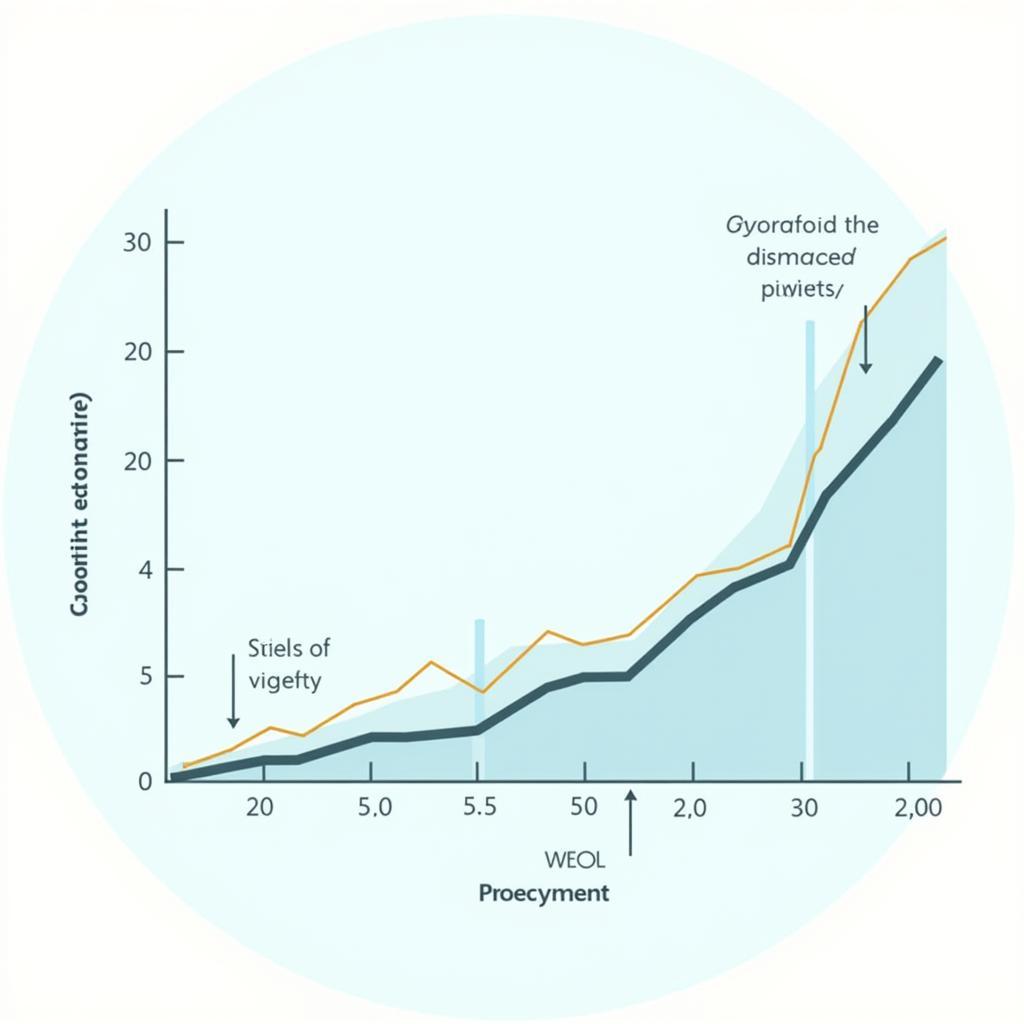The question “How Did Welfare Erode Society?” is complex and often sparks heated debates. Welfare programs, designed to provide a safety net for vulnerable populations, have been accused of contributing to societal decline. This article will delve into these claims, examining the multifaceted relationship between welfare and societal well-being. We will explore the arguments, evidence, and potential solutions while considering the human impact of these policies.
The Erosion Argument: Examining the Claims Against Welfare
Critics argue that welfare programs discourage work, foster dependency, and weaken families. They point to statistics on generational poverty and unemployment as evidence of welfare’s corrosive effects. Some suggest that the availability of benefits disincentivizes individuals from seeking employment, creating a culture of reliance on government assistance. Further claims suggest that welfare undermines the traditional family structure by providing financial support to single parents, thereby reducing the perceived need for a two-parent household.
However, these claims often oversimplify a complex issue. Many factors contribute to poverty and social breakdown, including lack of education, limited access to healthcare, and systemic discrimination. Attributing societal decline solely to welfare programs overlooks these crucial contributing factors.
A Deeper Dive: Exploring the Nuances of Welfare’s Impact
It’s important to distinguish between different types of welfare programs. Some programs, like unemployment benefits, are designed to be temporary, providing short-term assistance during times of hardship. Others, like disability benefits, support individuals with long-term health conditions. Generalizing about the impact of “welfare” without considering these distinctions can be misleading.
Furthermore, the effectiveness of welfare programs varies depending on their design and implementation. Programs that incorporate job training and educational opportunities can empower individuals to become self-sufficient. Conversely, programs that lack these components might inadvertently trap people in a cycle of dependence.
Welfare and Society: Reframing the Narrative
Instead of asking “how did welfare erode society?”, perhaps a more productive question is, “how can we design welfare programs that promote individual well-being and strengthen communities?” Focusing on reform and improvement, rather than outright condemnation, allows for a more nuanced and constructive dialogue.
Professor Amelia Hernandez, a leading sociologist at the University of California, Berkeley, argues, “Welfare programs are not inherently detrimental. Their effectiveness depends on how they are structured and administered. We need to focus on creating programs that empower individuals and families, rather than fostering dependency.”
The Path Forward: Building a More Equitable System
Moving forward, we need to consider alternative approaches to social support. One promising approach is the concept of a Universal Basic Income (UBI), which would provide a regular, unconditional cash payment to all citizens. Proponents of UBI argue that it could simplify the welfare system, reduce administrative costs, and provide a safety net for everyone, regardless of their employment status.
Dr. James Chen, an economist at the Brookings Institution, states, “UBI could be a game-changer. It has the potential to reduce poverty, improve health outcomes, and empower individuals to pursue education and entrepreneurship.”
 Impact of Universal Basic Income
Impact of Universal Basic Income
Conclusion: Rethinking Welfare’s Role in Society
The question of how welfare has impacted society is complex and requires careful consideration. While there are legitimate concerns about the potential for dependency, it’s crucial to avoid generalizations and recognize the diverse nature of welfare programs. By focusing on reform, innovation, and evidence-based solutions, we can create a system that supports vulnerable populations while promoting self-sufficiency and community well-being. Reframing the narrative around welfare allows us to move beyond simplistic criticisms and work towards building a more just and equitable society for all.
FAQ
- What are the main criticisms of welfare programs?
- How do different types of welfare programs differ in their impact?
- What are some examples of successful welfare reforms?
- What is Universal Basic Income, and how could it impact society?
- How can we ensure that welfare programs empower individuals rather than fostering dependency?
- What are the long-term consequences of generational poverty?
- How can communities support individuals transitioning off of welfare?
Do you have other questions?
Explore more on the impact of societal issues on our platform with articles like burns society and other related topics.
Contact us for support: Phone: 02043854663, Email: [email protected] or visit us at Zone 34, Bac Giang, 260000, Vietnam. Our customer service team is available 24/7.